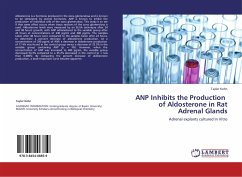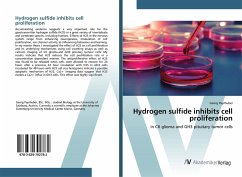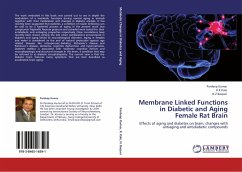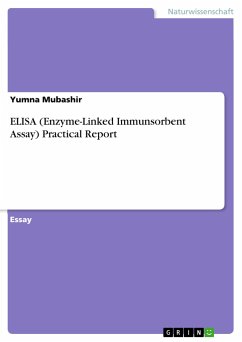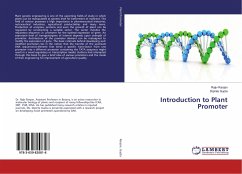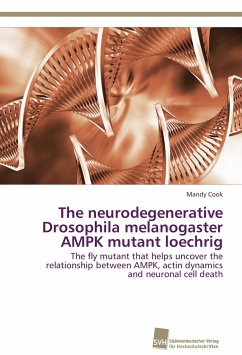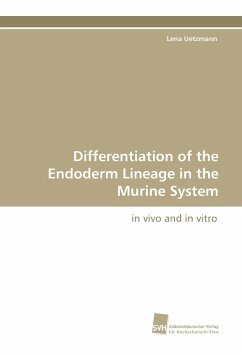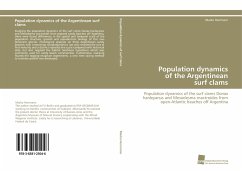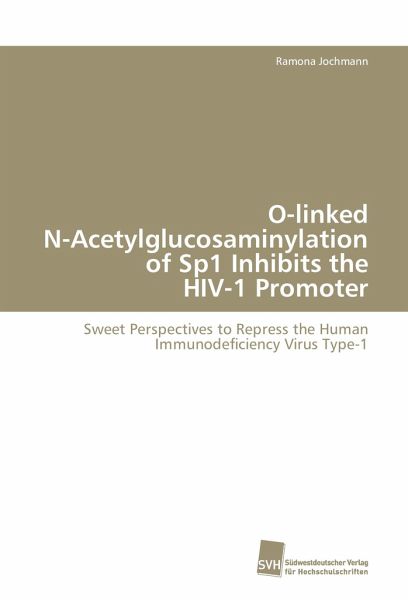
O-linked N-Acetylglucosaminylation of Sp1 Inhibits the HIV-1 Promoter
Sweet Perspectives to Repress the Human Immunodeficiency Virus Type-1
Versandkostenfrei!
Versandfertig in 6-10 Tagen
35,99 €
inkl. MwSt.

PAYBACK Punkte
18 °P sammeln!
The AIDS pandemic is caused by the Human Immunodeficiency Virus Type-1 (HIV-1). To date, there is neither a vaccine against HIV-1, nor a cure for AIDS available. HIV-1 gene expression and replication is regulated by the binding of cellular transcription factors to specific regulatory sites in the 5'-long terminal repeat (LTR) promoter. In this study it is demonstrated that the cell's glucose metabolism represses the replication of HIV- 1. This is based on the enzyme O-GlcNAc transferase (OGT), which is activated by increased glucose concentration and modifies proteins posttranslationally with ...
The AIDS pandemic is caused by the Human Immunodeficiency Virus Type-1 (HIV-1). To date, there is neither a vaccine against HIV-1, nor a cure for AIDS available. HIV-1 gene expression and replication is regulated by the binding of cellular transcription factors to specific regulatory sites in the 5'-long terminal repeat (LTR) promoter. In this study it is demonstrated that the cell's glucose metabolism represses the replication of HIV- 1. This is based on the enzyme O-GlcNAc transferase (OGT), which is activated by increased glucose concentration and modifies proteins posttranslationally with the monosaccharide O- GlcNAc. OGT blocks the cellular transcription factor Sp1, which is essential for the replication of HIV-1 and thereby represses virus propagation. Hence, the establishment of a metabolic treatment might supplement the repertoire of antiretroviral therapies against AIDS.



